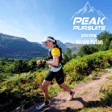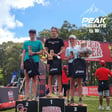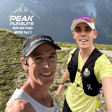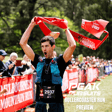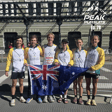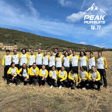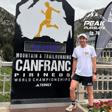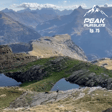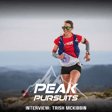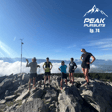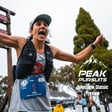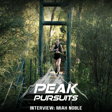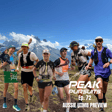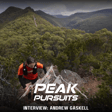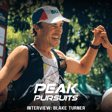
Kellie Angel & Ben Burgess: UTA Podium, West Mac Course Record, and WMTRC Course Previe
On this Trail Running Podcast, we sit down with Ben Burgess and Kellie Angel for another catch up on the show.
Kellie reflects on her third place at UTA 100 mile before diving into an incredible two-week experience at the HOKA Pro Trail Camp in Europe. Ben shares his course record run at West Macs Monster and a second place finish at a Sky Race in Andorra.
Together, they take us inside their recent 80km recce of the World Mountain & Trail Running Championships long course, breaking down the terrain, challenges, and mindset required to represent Australia on the world stage.
We cover racing, training, and the unique experience of being part of the global trail community while chasing big goals in Europe.
***Don’t forget, use code PPP at Bix’s website for 20% off Bix products, exclusive to PPP listeners!***
Thanks for tuning in to Peak Pursuits! Connect with us on Instagram @peakpursuits.pod to share your thoughts, questions, and trail stories. Until next time, keep hitting the trails and chasing those peak pursuits!
Follow Kellie: Instagram | Endurance Edge
Follow Ben: Instagram | Strava
Follow James: Instagram | Strava | Website
Music from #Uppbeat (free for Creators!):https://uppbeat.io/t/mood-maze/trendsetter
License code: K08PMQ3RATCE215R
